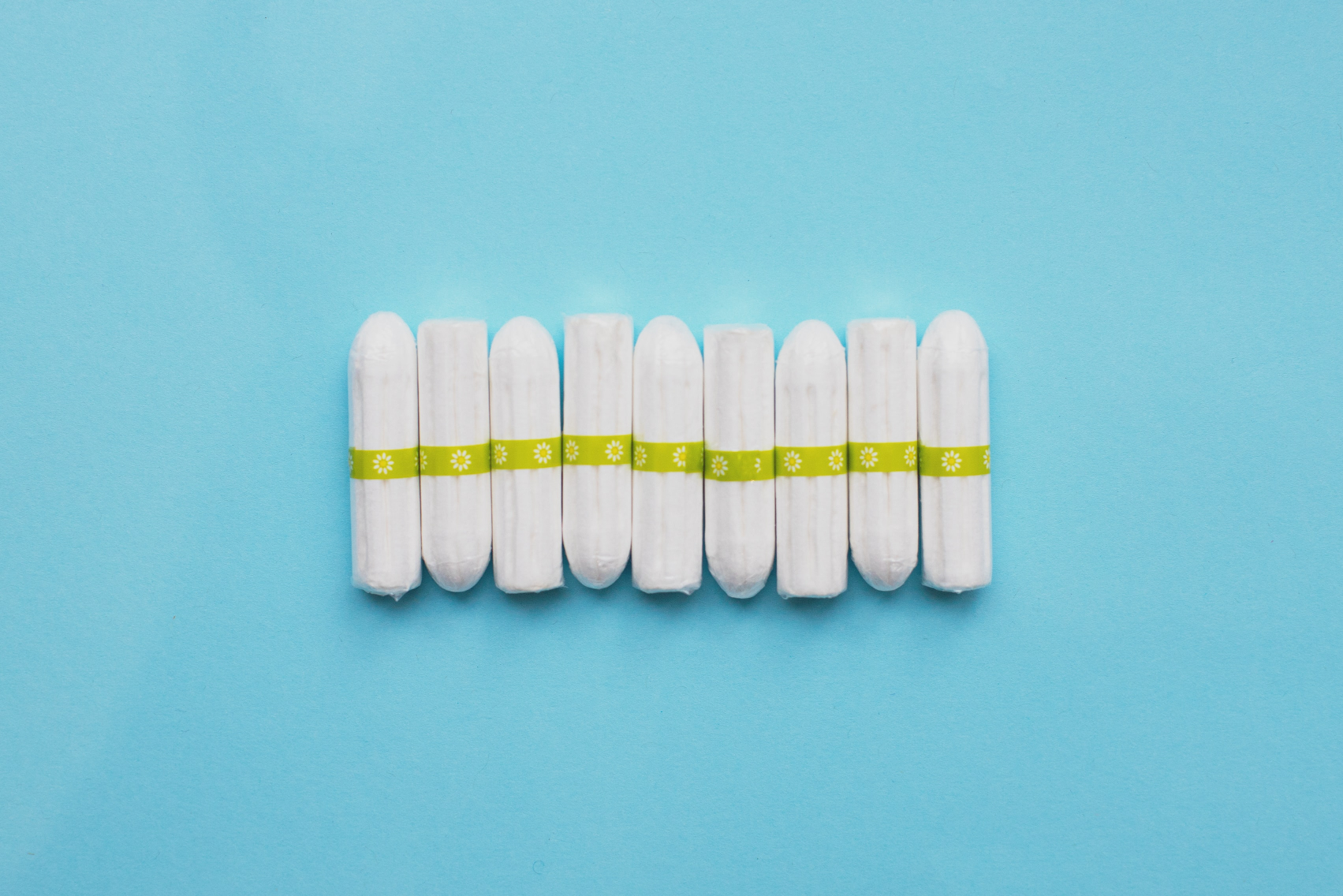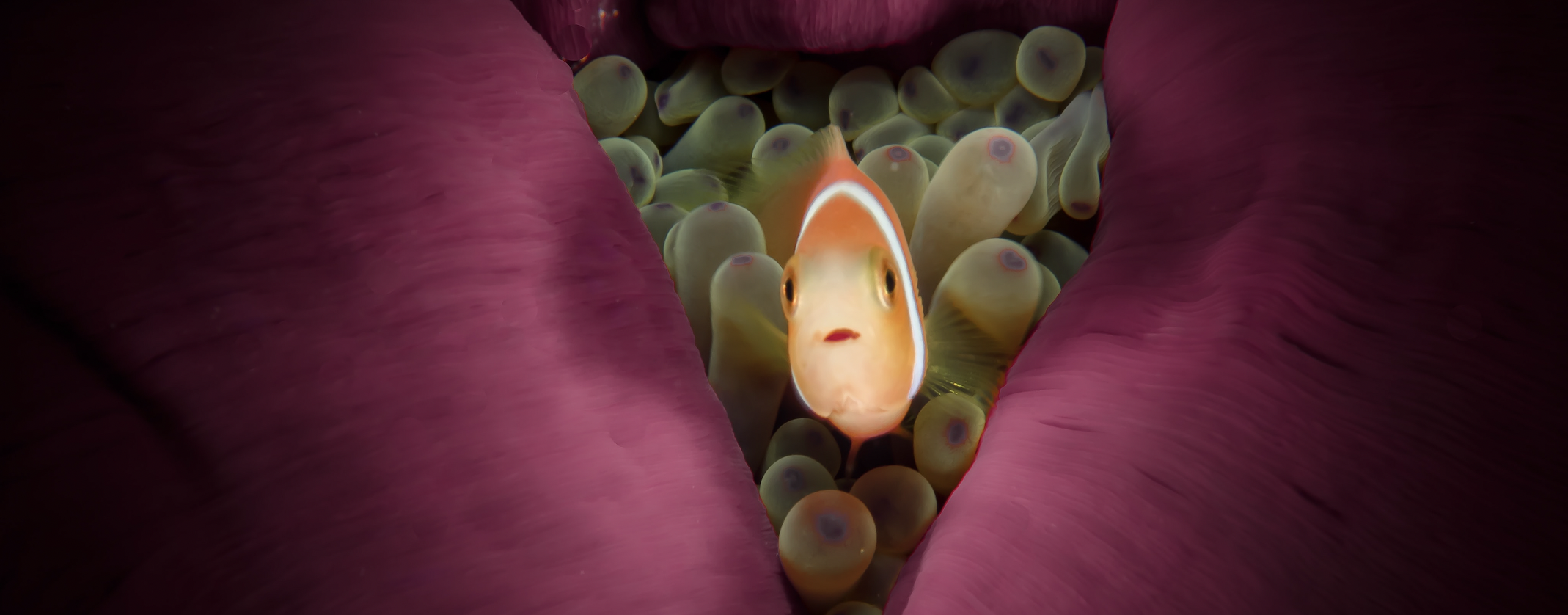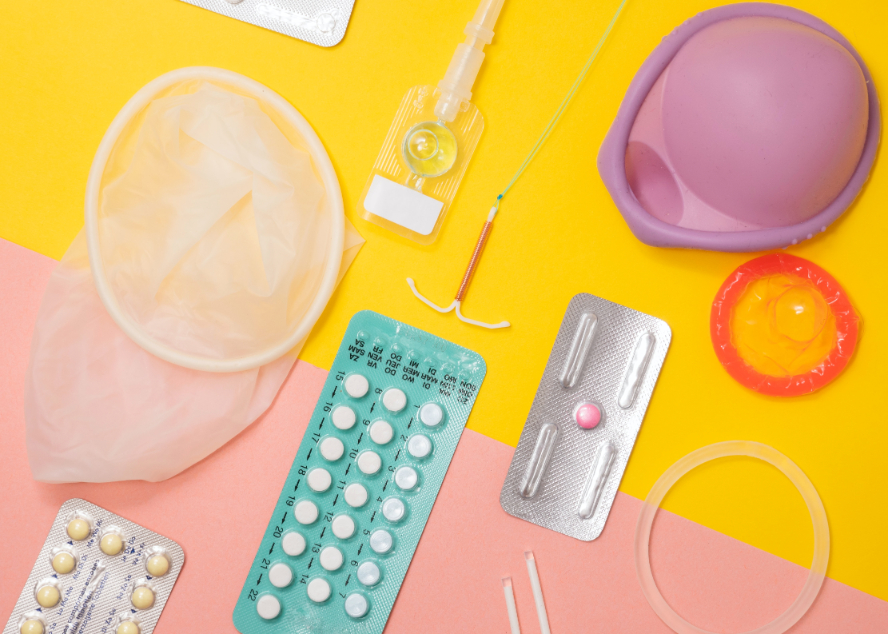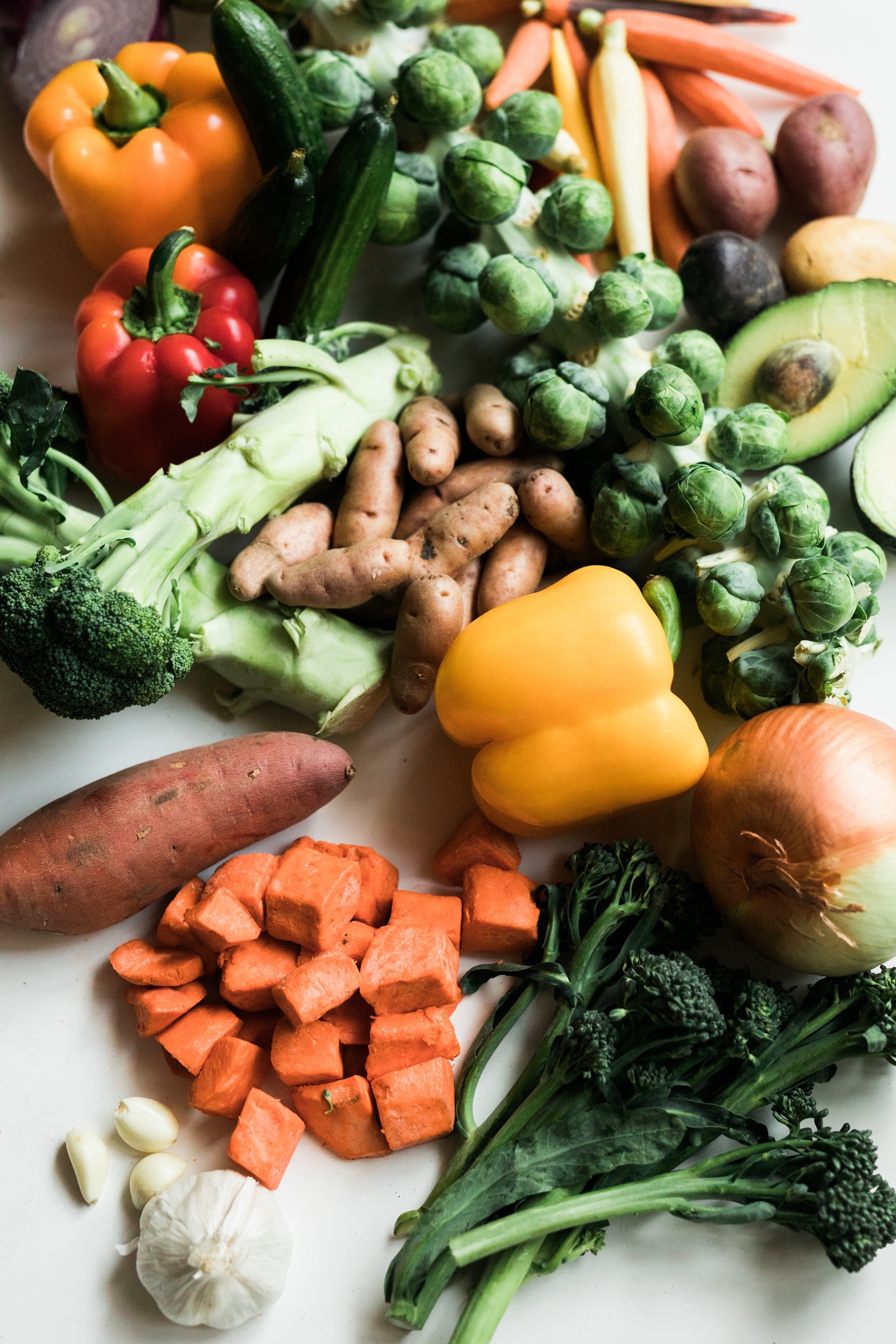

Stories
Julia shares her fertility story (Part 1)
Julia is 38 years old. She and her husband have been trying to get pregnant for over a year, but unfortunately it turns out to not be as easy as they were expecting. “Julia” is an alias; while she’d prefer to use her real name for her fertility story, she’s currently looking for a job and is worried that this could negatively impact her chances. Unfortunately, we hear this quite often from women who are job searching or already have a job. Their concern is that wanting to start a family could be used against them in the professional environment.
Julia was eager to share her fertility story with us, to tell any other woman out there going through something similar that she isn’t alone.
Julia, how long have you been trying to have a baby? How did you realize that it’s more difficult for you and your partner to conceive?
We’ve been trying to get pregnant since the beginning of 2021. But we wanted to go about it more casually and keep the fun in it, so we didn’t create a specific plan or timeline.
Shortly after we started trying, a friend who was already getting fertility treatment advised me to check our fertility early on so that we wouldn’t have to go through the same experience she did. At the time though, it was easy for me to dismiss this advice, thinking that we didn’t need it.
But after we had been at it for a while and it wasn’t working, we realized we’re not getting any younger, and decided to go for a check-up. That’s where this fertility story begins.
First of all there was the question, “Where do you actually go for these check-ups?”
We weren’t sure at first where to go for this, and ended up going to a fertility clinic. At that time, all Covid-19 measures were still in effect, and there were only online counseling sessions. We talked for a very short time; they didn’t ask many questions and then started directly with diagnostic tests. I went to the clinic first for my tests, then my husband had his semen analysis. Maybe another clinic would have done it better, but we didn’t have anything to compare it to.
Through my tests I learned that I have an incredibly low egg reserve for my age. That was a huge shock. In addition, I was advised to get a laparoscopy because of my severe menstrual pain. That found that I have 2nd degree endometriosis.
On top of my diagnoses, my husband’s semen analysis came back abnormal. Because of this, ICSI was the best option to help us have a baby.
With that in mind, the first step was to change health insurance companies, as our previous plan would only have covered 50% of the costs for ICSI. It took a while to change companies, and in the meantime we did some more tests recommended by the fertility clinic.
I also decided to go to a Traditional Chinese Medicine doctor. She made me feel very well-cared for and supported, and was the first one to take the time to explain many things about my reproductive health and cycle – things that we should know but never learn. I would have appreciated it if the doctors at the fertility clinic had given me that information.
Then we started with the first cycle of ICSI in October 2021. The doctor retrieved 4 eggs, 2 of which were fertilized. It worked, and I got pregnant. Unfortunately, the pregnancy didn’t last long. Doctors thought I might have an ectopic pregnancy, which made for a very stressful few weeks.
Shortly after the abortion, I got two ovarian cysts, and wanted to give my body a couple months to recover before trying again.
Plus, my body reacted very poorly to the medication that I needed to take for ICSI. I had very severe side effects and it was a really difficult time. After fertilization I needed to take progesterone, which was by far the worst. I could check off literally every possible side effect listed on the package insert. I would have liked it if my doctor told me beforehand about the potential side effects. I no longer felt like myself at all.
Then in February 2022, we decided to begin the second round of ICSI. This time we had 4 eggs and none of them got fertilized. In the third round we were only able to retrieve 2 eggs and again neither of them got fertilized. We tried once more and it was still unsuccessful. Since then, we’ve been taking a break.
We recently found out that the state of Berlin offers financial support to couples who want to have children and applied for it. This was also something that no one told us about and we had to learn on our own.
Soon we will have our next round of ICSI. This time we will do it a little differently and follow a different medication protocol, with the hope to reduce the side effects and increase the egg quality.
At the same time, I’m continuing to see my Chinese doctor.
You might also like...

Female hormones: What you need to know about reproductive hormones, the menstrual cycle, and fertility
When you’re struggling with fertility, one of the first places to look is your hormones. Certain vital reproductive hormones are in charge...
Silvia Hecher
January 17, 2024

Fertility blood test: Why does it need to be cycle days 2-5?
When you test your fertility with LEVY, you will always check your basic reproductive hormone levels (including FSH, LH, TSH, Prolactin, Estradiol,...
Lena
September 8, 2022

Forms of amenorrhea and fertility
Not getting your period is a condition called amenorrhea. It’s important for fertility because not having a menstrual cycle with monthly ovulation...
Lena
January 18, 2022

6 Interesting Facts About Ovaries You Might Not Know
Women have two ovaries which are located on either side of the uterus. They’re around 3-5 cm long – about the size...
Kayla
April 20, 2022

What to expect when testing your fertility with LEVY
If you’ve been trying to conceive for a while, it’s totally normal to feel frustrated. Why hasn’t it happened for you yet,...
Kayla
February 3, 2022

Your Complete Guide to Birth Control Options and Fertility
If you’ve been using birth control for a while, you may be wondering how it can impact your fertility now that you...
Kayla
February 21, 2022

Fertility Foods for Women to Help You Get Pregnant Faster
How you nourish your body is key not only when you have a baby in your belly, but also to help prepare...
Kayla
March 22, 2022

What your AMH levels can tell you about fertility
FSH, LH, estrogen, progesterone… If you’re struggling to have a baby, you’re probably becoming an expert on all things hormones. AMH is...
Lena
August 25, 2022

Why Vitamin D matters for fertility
Vitamin D is a very important nutrient to keep our bodies healthy and working as they should. But did you know that...
Kayla
January 18, 2022




